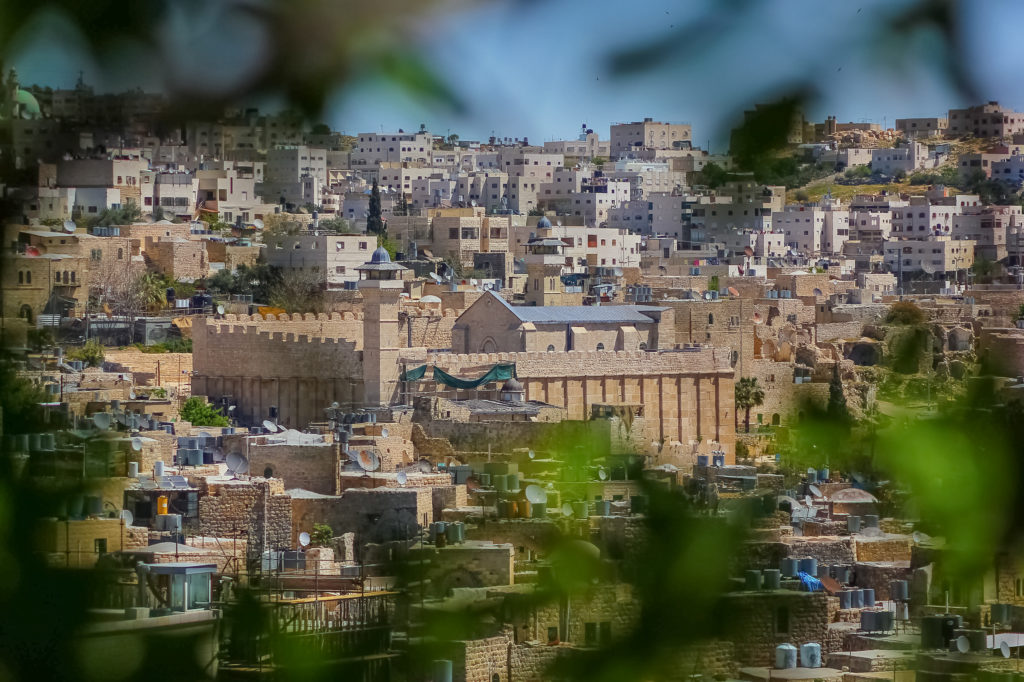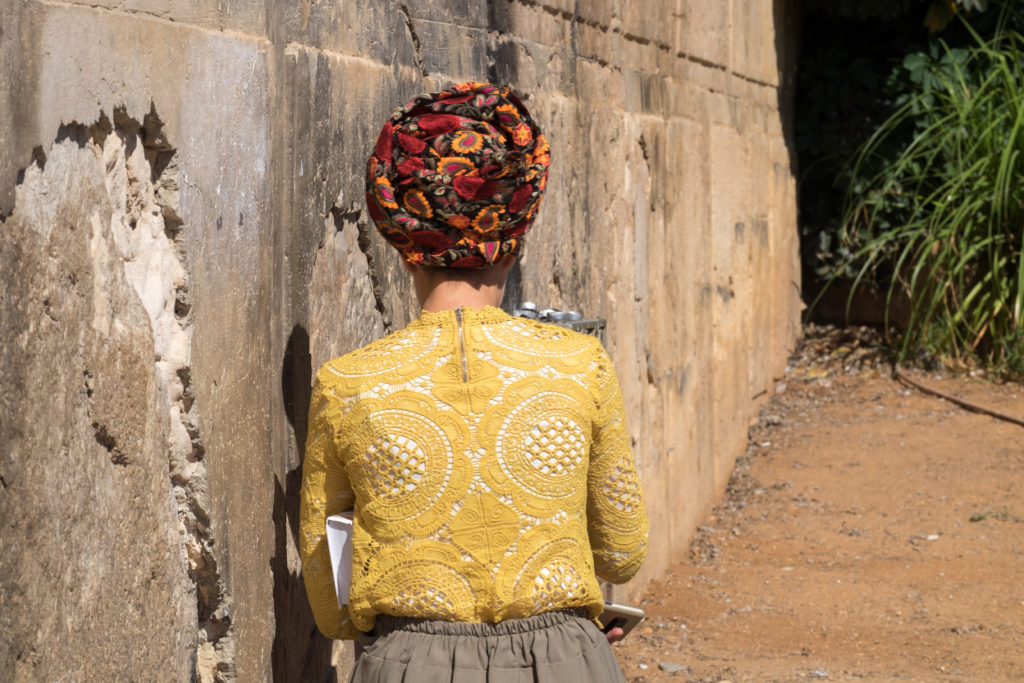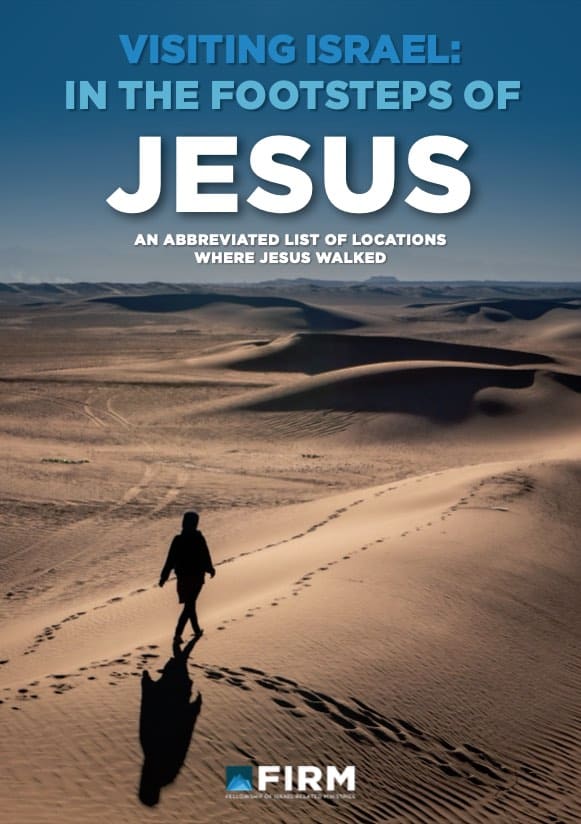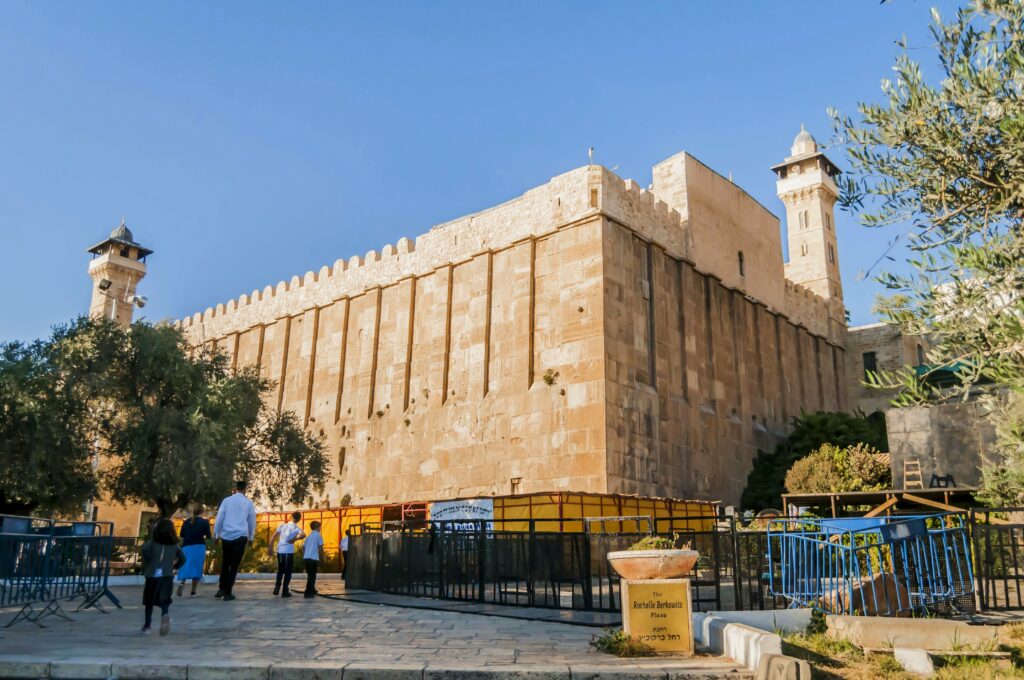Hebron is an incredible hub of history, legacy and royalty. Its reputation today, one of conflict and strife, casts a shadow over what should be one of the most significant places to visit on a trip to Israel.
Hebron remains an essential piece of Israel’s ancient beginnings. But it just may surprise you with its pleasant reality of the present.
Hebron – the City of Promise
Hebron was a place of great encounters with God. Surprisingly, it is not mentioned in the Bible as often as the cities of Bethel, Shiloh and Shehem. Even though its significance arguably surpasses the above! From the first covenant God made with the Jewish people, through all the kings and rulers in the Bible, Hebron is a reminder that God’s sovereign plan is at work.
Of the few people that God openly called His friends, two of them – Abraham and David – were instructed to move to Hebron for a season in their lives.
Abraham parted ways with his nephew Lot after letting him settle in the beautiful valley of the Jordan. God told Abraham to not lose hope, because He wanted to entrust him the entire land, including Hebron.
Generations later, when David lamented the death of King Saul and Saul’s son Jonathan, the young king “consulted the Lord” (2 Sam. 2:1) where he should go. And God specifically told him: Hebron.
Abraham wandered through dry land after giving up the lush Jordan Valley. And David was in distress after Israel’s first King was killed in battle. Hebron wasn’t the final destination for either one of them. But by giving them Hebron, God was asking them to trust Him in the process.
Hebron – the City of Legacy
The Judean city of Hebron offers a historic atmosphere firmly anchored to the beginnings of recorded history. You can literally stroll through ages as you encounter layers of each era.
Hebron became renowned for being the burial site of Israel’s patriarchs and matriarchs. That makes it a monument to the nation’s origins.

Originally, Abraham purchased the Cave of the Patriarchs, Me’arat HaMachpelah in Hebrew, as family property. Years later the fathers and mothers of Israel were laid there to rest. They are Abraham and Sara, Isaac and Rebekah, and Jacob and Lea. (Jacob’s second wife, Rachel, who died young, was buried near Bethlehem.)
Today, on top of the site rests the edifice of the sole still-standing structure from the Second Temple period in Israel. It is an impressive display of Herodian architecture.
But these stone blocks are just the outside setting. If you venture inside the building, you will find a Jewish synagogue. The Jewish community of Avraham Avinu centered its religious life around the Tomb of the Patriarchs.
You can also easily visit their pleasant neighborhood close by, as you continue your historical walk through Hebron.
Hebron – the City of Struggle
The biblical history of Hebron sits right in the middle of its present troubles. Hence, you can literally walk out of the ancient shrines and into the city’s contemporary life.
These days the city of Hebron makes the news only when there are Jewish-Arab tensions. It is usually between the relatively small Jewish community and the majority Muslim population. The strained relationship between the two groups divides the city. But the day-to-day atmosphere is one of prevailing calm.
A hilltop nearby the patriarch’s tomb is yet another important spot in the city . It is a burial site of Jesse, King David’s father, and of Ruth, David’s great grandmother.
David’s time in Hebron was an important time of preparation for all Israel’s national future and significant to him personally, as many of his children were born here.
This family legacy emphasizes the importance of Hebron in Israel’s history. The season of Hebron in David’s life, which was seven and a half years, was marked by struggle.
At first, the tribes of Israel were still divided in their support between King Saul’s family line and the rise of the new young king. But the Hebron season was a necessary steppingstone in David’s ascent to kingship.
The City Worthy of a King
As mentioned before, David moved to Hebron at the clear instruction of God. He knew King Saul was dead and he was to be the prophesied successor. Nevertheless things did not magically fall into place.
So, David chose to obey the voice of God and patiently wait to take the next step.

At the time, Israel was in disarray and in great need of unity. It took another seven years for the nation to come together and receive their promised king. The season at Hebron became a place of submission, obedience, and immense humility.
And finally, the breakthrough came. In the second Book of Samuel, we read:
All the tribes of Israel came to David at Hebron and said, “We are your own flesh and blood. In the past, while Saul was king over us, you were the one who led Israel on their military campaigns. And the Lord said to you, ‘You will shepherd my people Israel, and you will become their ruler.’
When all the elders of Israel had come to King David at Hebron, the king made a covenant with them at Hebron before the Lord, and they anointed David king over Israel. David was thirty years old when he became king, and he reigned forty years. 2 Sam. 5:1-4
The anointing of David as king was soon followed by taking over Jerusalem. After the waiting period, everything in David’s life accelerated. He once again took the power away from the Philistines and moved Israel’s capital to Jerusalem. A new era has begun.
From Hebron to Jerusalem
Just like David’s life was not without challenges and required perseverance, so have been the lives of his present-day descendants. Over the centuries, the Jewish people were threatened, persecuted and challenged in every way.
God affirmed David’s kingship and he was able to move up to Jerusalem. In the same way, the recognition of the descendants of Abraham, Isaac and Jacob made a way for the rebirth of Israel.
Hebron may not have maintained its capital status, but its importance is etched in Israel’s history forever. As the spot where struggle meets promise, it reminds us to continue on our journey. Because God’s sovereign plan is at work.

Visiting Israel: In the Footsteps of Jesus: Free PDF Download
It is quite exciting to think that while touring Israel you are walking on the same land that Jesus did.
Whether it is the reason why you came to Israel or not, it is worth noting which locations were significant to His life and ministry. God chose this piece of land to send His Son to live on earth. Many archeological findings confirm the locations mentioned in the Bible.
Articles Related to Jerusalem
Estimated reading time: 6 minutes
